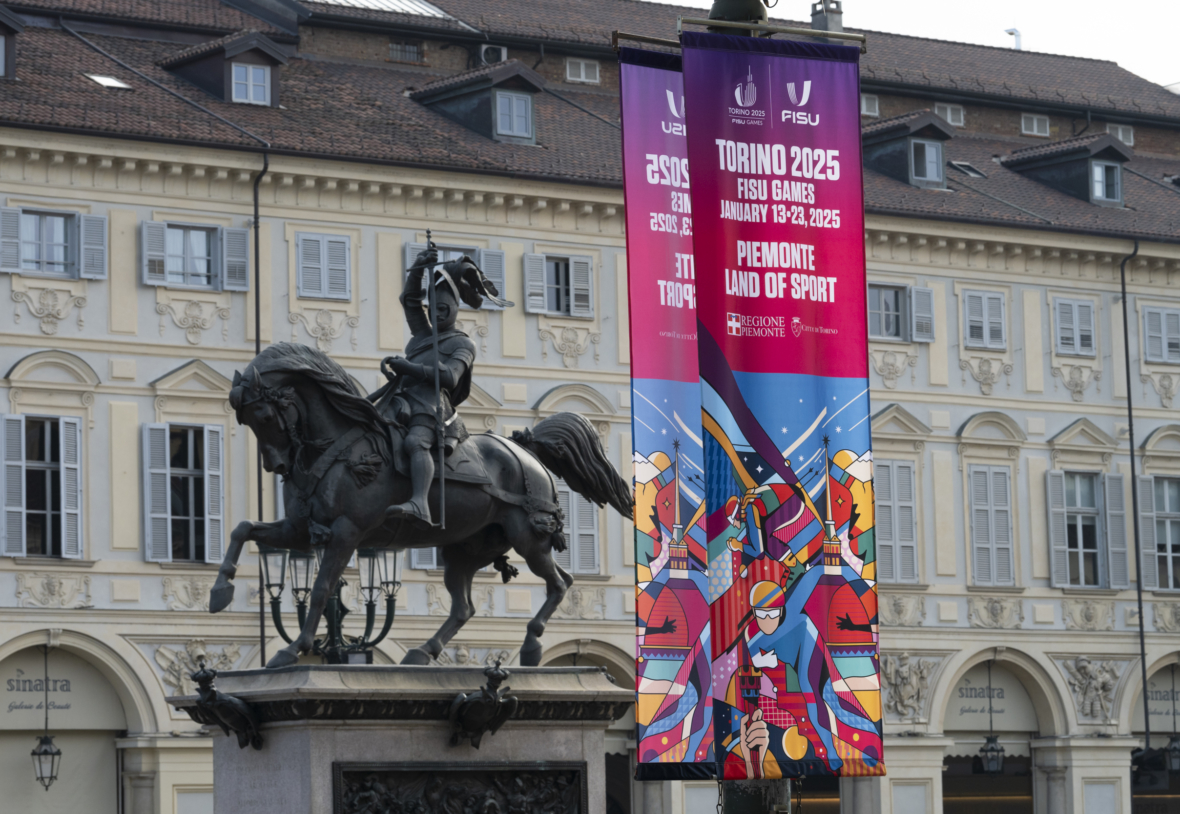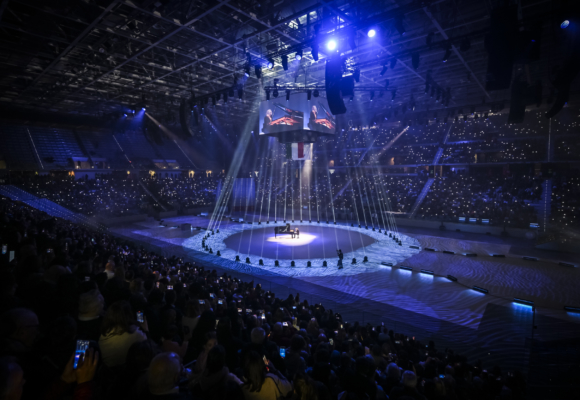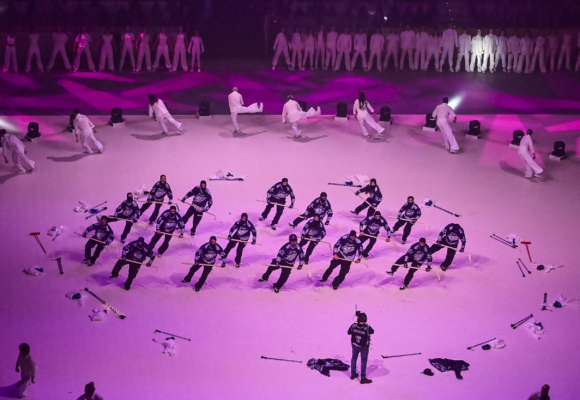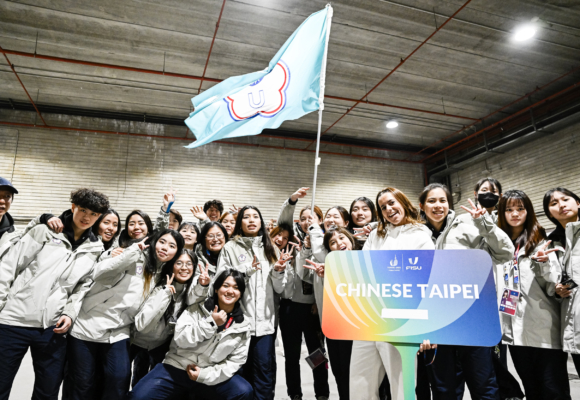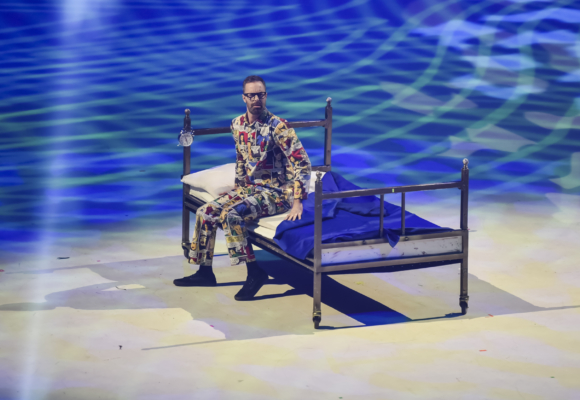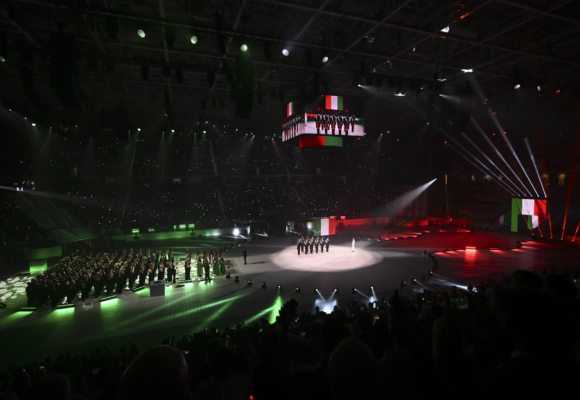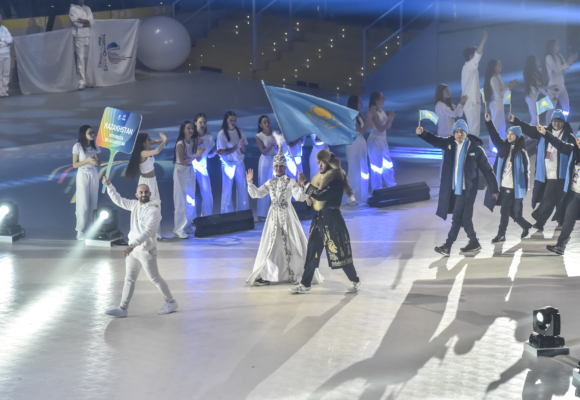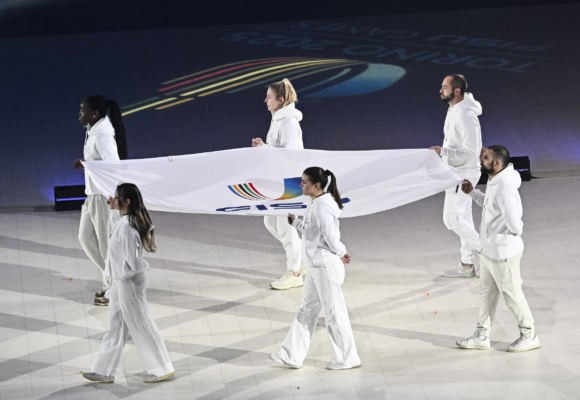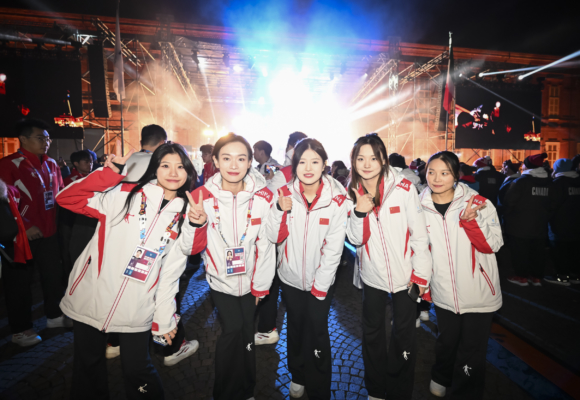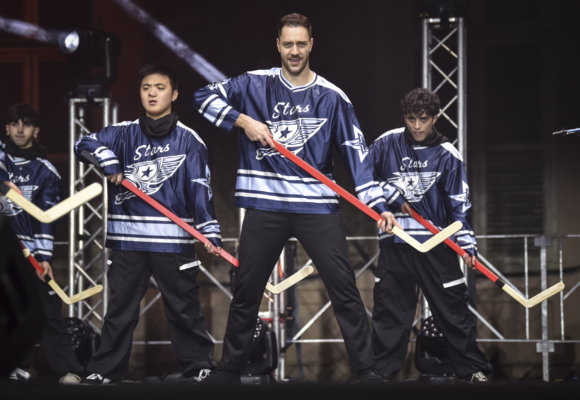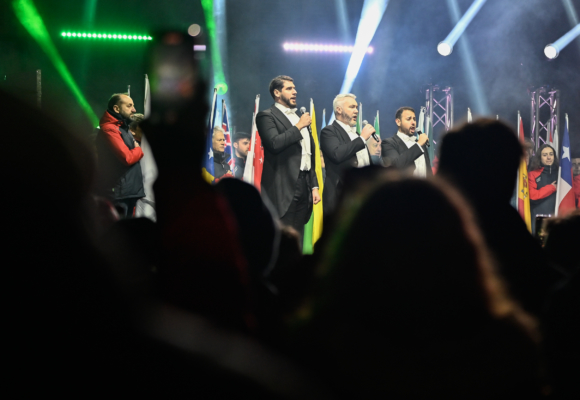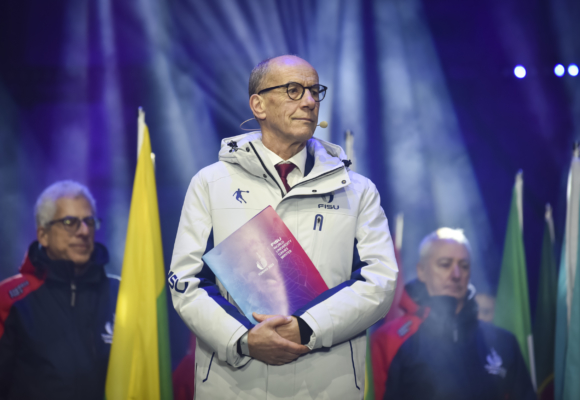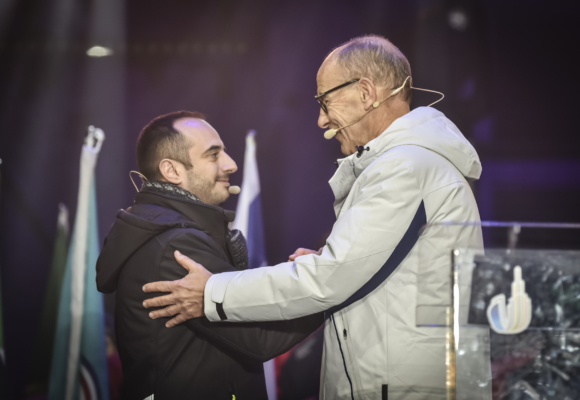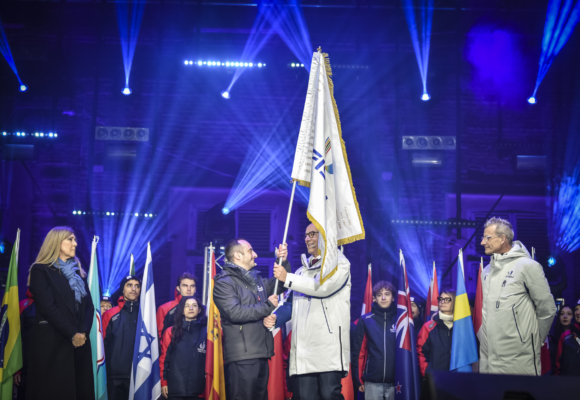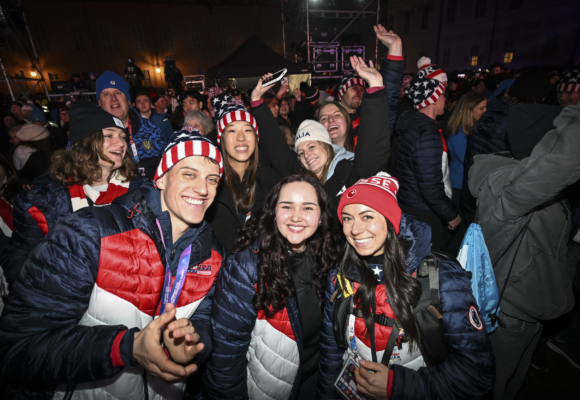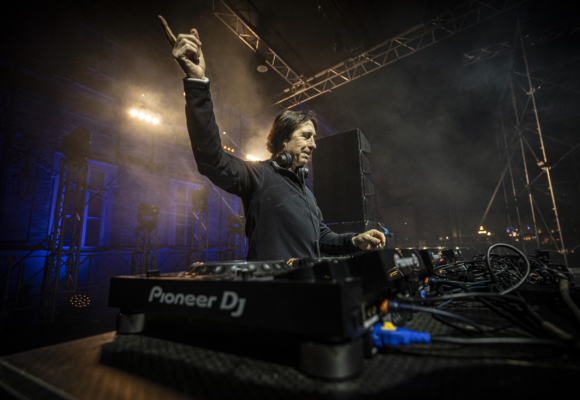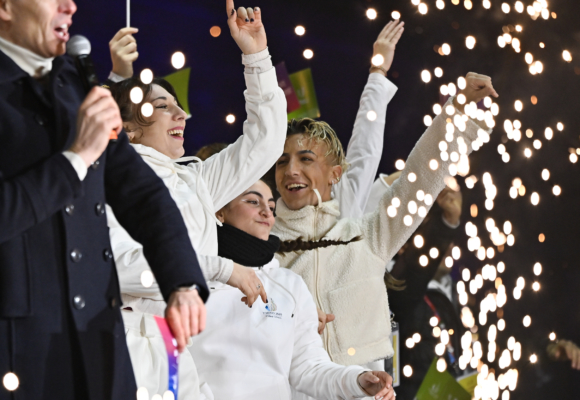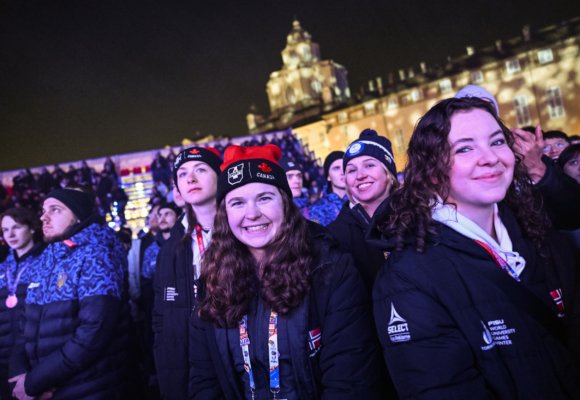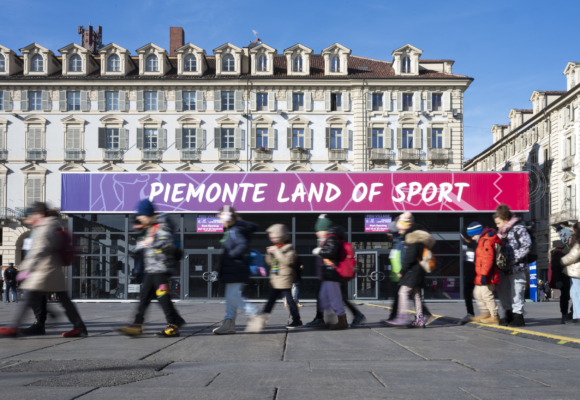The Torino 2025 FISU World University Games didn’t only celebrate athletic excellence but also offered a rich cultural programme that immersed participants and spectators in Italy’s vibrant traditions. This programme was organised to celebrate creativity, wisdom, pride in one’s heritage, investment in the future and hope, all while embracing pure enjoyment.
The Organising Committee developed a programme in partnership with the territories hosting the FISU Games that emphasised five conceptual themes: youth, intellect, wisdom, future, and hope.
Artistic and musical heritage
“Passion and Sport Through Time” was a captivating exhibition hosted at the Archivio di Stato, which served as both an institutional hub and a welcoming centre for delegations and visitors during the Games. This exhibition explored the evolution of winter sports and their influence on global culture and the history of the Universiade, today known as the World University Games.

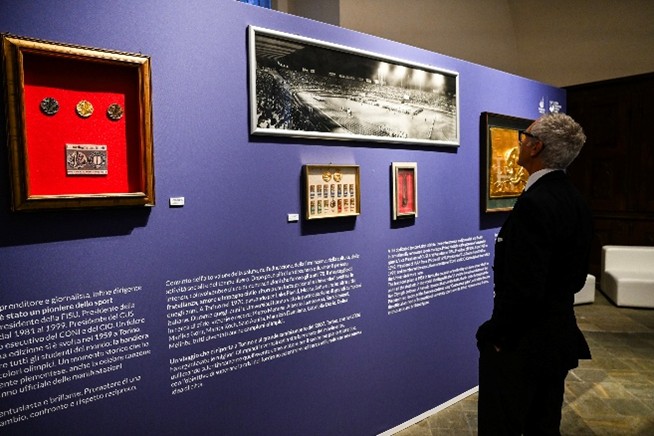
The narrative journey showcased unique artifacts that trace the origins and growth of the event, including the original cauldron, an iconic symbol of the earliest Universiade editions, as well as historical memorabilia and medals celebrating its prestigious legacy.
The exhibition continued with an exploration of the design evolution of the Torch, medals, and the Torino 2025 logo, offering a fascinating mix of tradition and innovation.
An open-air exhibition under the same title was also displayed inside the city centre and took visitors on an immersive journey through time, showcasing how winter sports have evolved.
“International routes: Arts Creating Future” was a project of the “Giuseppe Verdi” Conservatory of Torino funded by the Ministry of University and Research with PNRR funds, created in collaboration with the Accademia Albertina and the IAAD Istituto d’Arte Applicata e Design, the “G. F. Ghedini” Conservatory of Cuneo and the “G. Cantelli” Conservatory of Novara, the University and the Polytechnic of Turin.


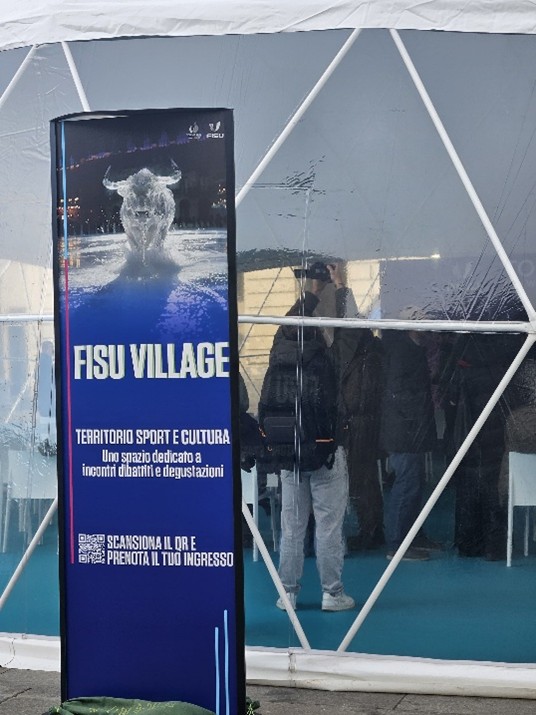
Italy’s rich artistic and musical traditions are integral to its cultural identity. The cultural programme included collaborations with local institutions, such as the “Giuseppe Verdi” State Conservatory of Music, to present performances that highlighted Italy’s contributions to classical music. Plus, in the FISU Village and Igloo area in Piazza Castello, many different concerts were given every day for the joy of both participants and spectators.
Apart from the above, art exhibitions featured works from various periods, showcasing the evolution of Italian art from the Renaissance to contemporary times. For example, participants and spectators could discover the oldest museum in the world dedicated to Egyptian culture, that was founded in Torino in 1824. Special tours to Palazzo Madama, a UNESCO World Heritage Site, where two thousand years of history meets: from a Roman gateway to a medieval castle, from a Baroque masterpiece to the seat of the Senate that made Italy and Rome capital.
Culinary traditions
Italian cuisine is renowned for its regional diversity and emphasis on fresh, and local ingredients.
The cultural programme of the FISU Games provided an opportunity to experience these culinary delights. A carnival cake tasting where typical Pragelato (TO) sweets made by bakers from Torino and Giaveno was proposed. A unique event to celebrate Alpine traditions and the magic of snow-covered mountains. It was a mix of culture, tradition, and the enchantment of winter sports.
In addition, Torino and the Piedmont territories has a great culinary offer, that allowed participants to get insights into the country’s gastronomic heritage.
Daily and social life at the FISU World University Games


In Bardonecchia, a mix of tradition, extravagance, and fantasy created the most fun self-made sledge race ever: BardoLesa. It has become a legendary self-made sled race, which has coloured Campo Smith with joy since 2016. This year, it coincided with Games Time, giving ToTag the chance to experience the excitement and enhance its appeal. Following the race, the Organising Committee hosted a lively musical evening for the local community and participants of the FISU World University Games. In the days that followed, a series of live music performances and DJ sets created an unforgettable atmosphere of celebration and joy.
Opening and Closing ceremonies
The Opening and Closing Ceremonies of the Torino 2025 World University Games were a celebration of the region’s rich heritage and dynamic spirit, featuring captivating cultural performances that bridged tradition and modernity. Traditional folk dances symbolising unity and resilience were combined with contemporary artistic displays reflecting innovation and progress, a story of connection between the past and future. The Games began with a powerful moment as football superstar and former student-athlete Giorgio Chiellini carried the flame across the Inalpi Arena and lit a drone, which flew to light up the cauldron in Piazza Castello, a symbolic gesture of hope and transformation.
Some pictures of the opening ceremony
The event concluded with the extinguishing of the cauldron during the Closing Ceremony, marking the end of this remarkable international event.
Some pictures of the closing ceremony
These moments not only showcased the vibrant culture of Torino but also highlighted the values of diversity, collaboration, and excellence that define the FISU World University Games.
